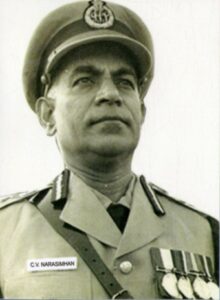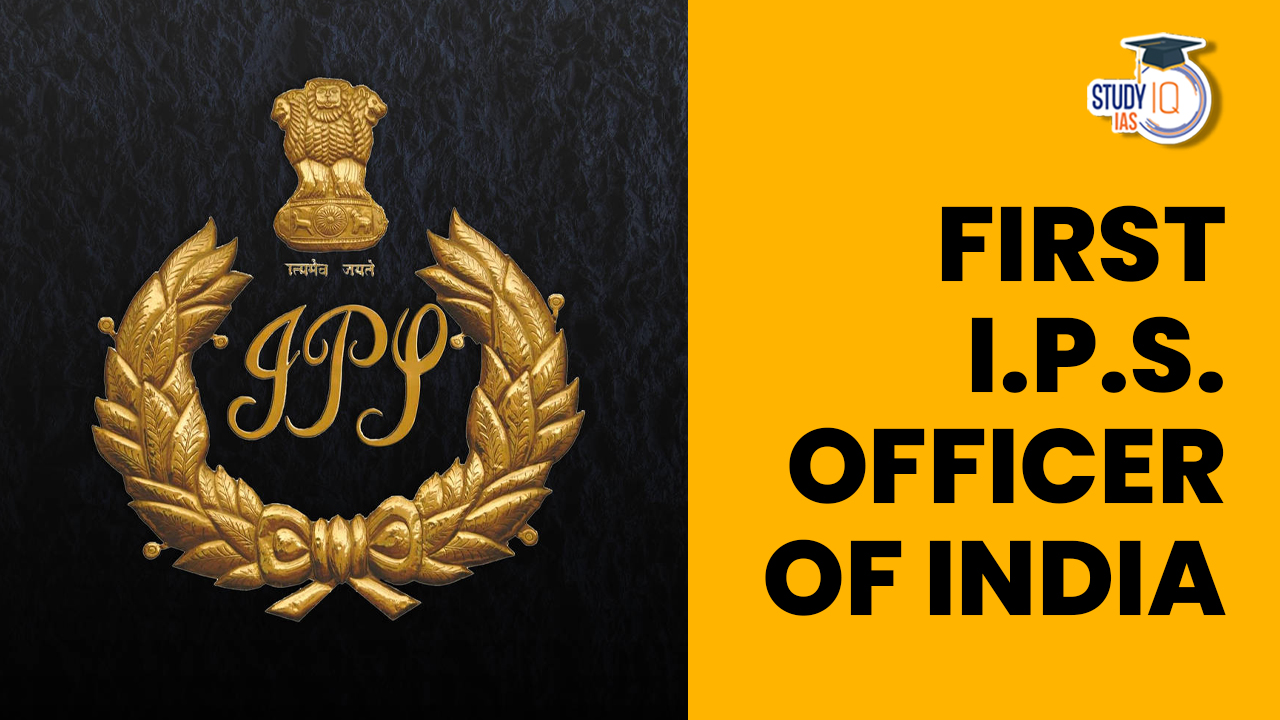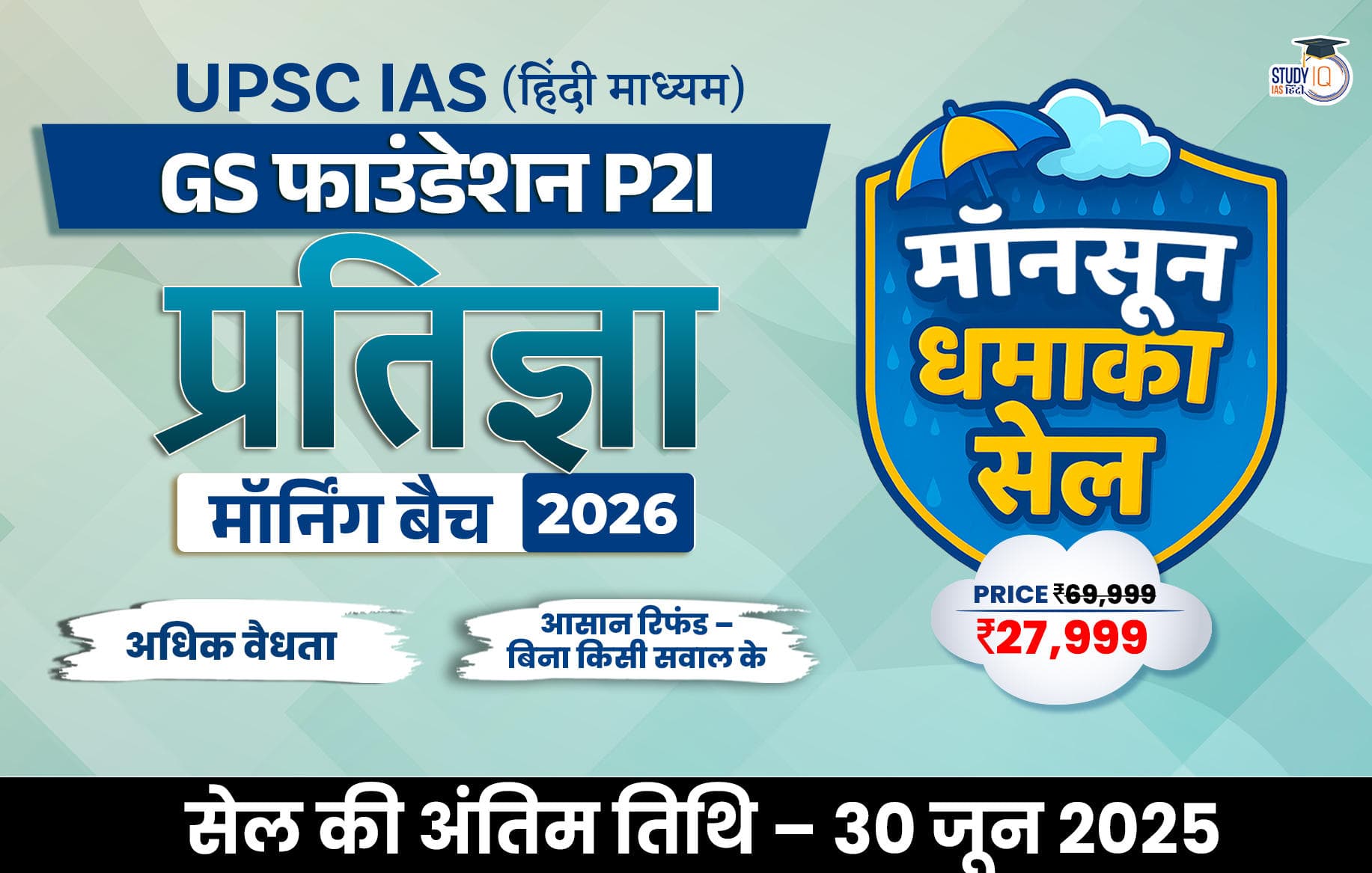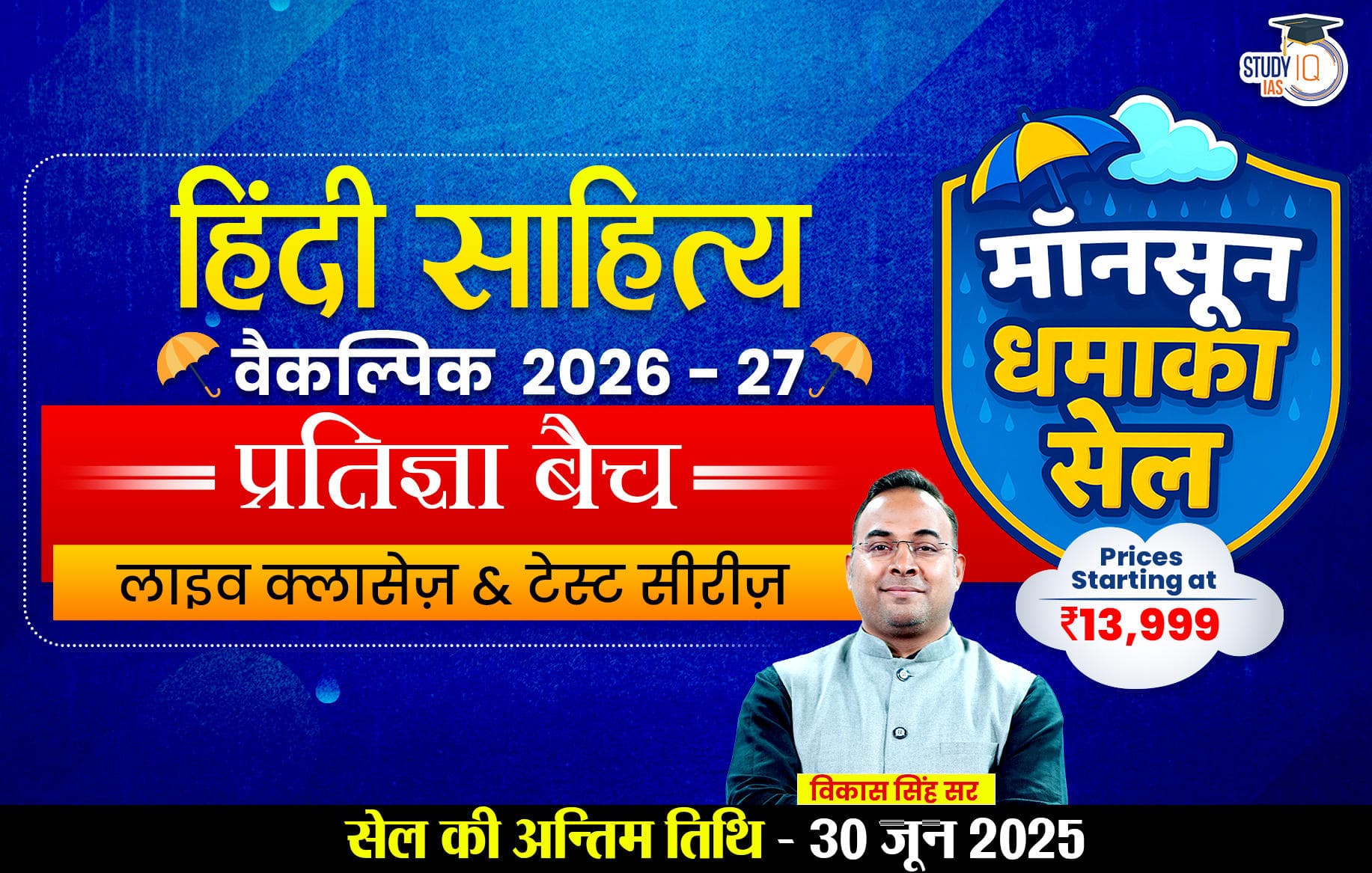Table of Contents
The first IPS officer in India was C.V. Narasimhan, also known as Chakravarthi Vijayaraghava Narasimhan. In 1948, he was the first IPS batch winner. In 2001, Narasimhan was awarded the Padma Vibhushan. He himself was a singer, and he spent many years working with the prestigious music school. In his mid-30s, he also joined the Indian Civil Service (ICS) and held a number of roles in the former Madras Presidency before moving to the Center.
First I.P.S. Officer in India
As the pioneering first I.P.S. officer of India, Chakravarti Vijyaraghava Narasimhan fondly known as C.V. Narasimhan holds a special place in Indian history. The career of C.V. Narasimhan serves as an example of his many contributions to society and culture in addition to his outstanding accomplishments inside the Indian Police Service. Check the details on First IPS Officer in India below.
C.V. Narasimhan Early Life
He was born on 21st May 1915 in Madras, Tamil Nadu. His initial studies begin at St Joseph College which is in Tiruchi which lead to his foundational studies. C.V. Narasimhan perused higher education from Madras and Oxford University. Narasimhan began his career in public service when he enlisted in the Indian Civil Service (ICS) in 1937. His work as a deputy secretary in the Madras government’s development department demonstrated his administrative prowess, and in the 1946 New Year Honours, he was awarded the prestigious Member of the Order of the British Empire (MBE).

C.V. Narasimhan Education
In 1948, C.V. Narsimhan graduated first in the nation’s first class of independent students and went on to become its first I.P.S. officer. He also wrote an English version of the Mahabharat in 1965. He was single, intelligent, and an expert in Carnatic music.
First IPS Officer in India: C.V. Narsimhan Career and Achievements
The leadership of Narsimhan went beyond the police department. His leadership abilities allowed him to secure key posts in the Indian government as well as high positions in the Tamil Nadu police force. Narsimhan’s services helped to shape the security environment of the country, from his time as the Central Bureau of Investigation (CBI) Director to his crucial position as Member Secretary of the National Police Commission.
When Narsimhan became the Executive Secretary for Asia and the Far East at the United Nations Economic Commission, he entered the international arena and demonstrated his knowledge of economic development and dedication to promoting international collaboration.
The effect of Narsimhan went beyond the realm of law and order. He demonstrated his dedication to education and social welfare through his positions as the Chairman of P.S. Charities and President of the Vivekananda Educational Society. He significantly influenced the lives of innumerable people through these organizations, especially through the management of 24 schools close to Chennai.
C.V. Narsimhan Awards and Recognition
Following are some of the honours and accolades were given in acknowledgement of Narsimhan’s commitment and dedication: His persistent dedication to duty was recognized by his receipt of the Police Medal for exemplary service in 1962 and the President’s Medal for exceptional service in 1971. These honours serve as evidence of his lasting influence on law enforcement and his country.
First IPS Officer in India Summary
- For 35 years, C.V. Narasimhan worked for the Indian police force. In the first group of officers nominated to the Indian Police Service to staff the commanding units of the Indian police following independence, he was ranked 1st.
- In the graduation class, C.V. Narasimhan, well known by his pals as “CVN,” was named the Best Cadet and awarded the renowned President’s Revolver as a reward. He held important positions within the Indian government, including Joint Secretary in the Union Home Ministry, Director of the CBI, and Member-Secretary of the National Police Commission with the rank of Secretary. He also held top positions with the Tamil Nadu police.
- In 1962, he received the Police Medal for excellent service, and in 1971, he received the President’s Medal for exceptional service. He served as the President of the Vivekananda Educational Society, which runs 24 schools close to Chennai, as well as the Chairman of P. S. Charities.
- Despite switching to the Indian Police Service, C.V. Narasimhan maintained his interest in mathematics and loved solving challenging mathematical puzzles, particularly those involving projective geometry and number theory.


 Daily Quiz 01 July 2025
Daily Quiz 01 July 2025
 China, Pakistan and Bangladesh Trilatera...
China, Pakistan and Bangladesh Trilatera...
 US Pulls Funding from GAVI-Global Vaccin...
US Pulls Funding from GAVI-Global Vaccin...





















